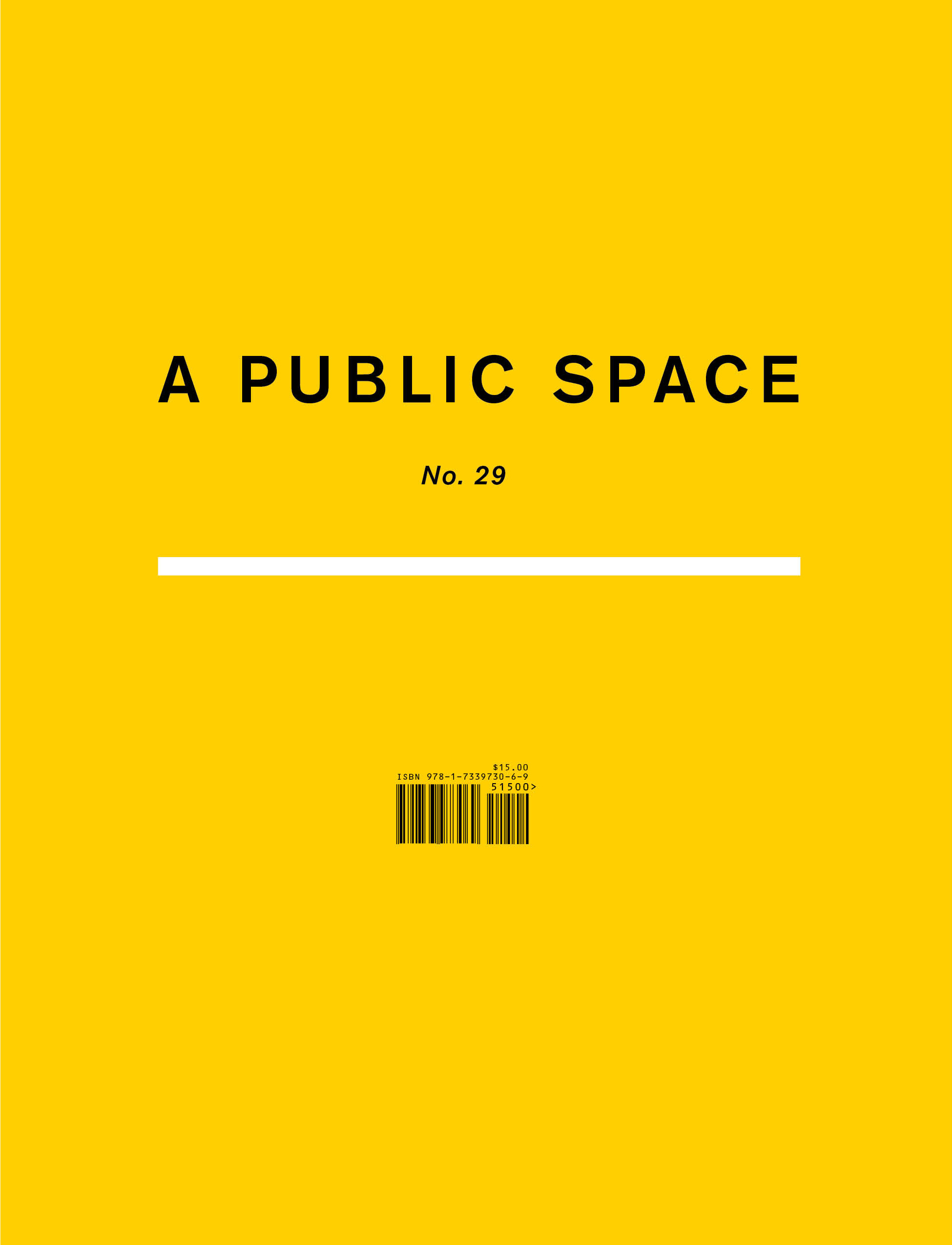Poetry
The Poem of the Bow
Al-Shammākh
Translated from the Arabic by David Larsen
Log in to read the rest.
If you are a subscriber but do not currently have online access, please contact us to link your subscription at subscribe@apublicspace.org
Not a subscriber?
Not yet a subscriber? Join us now, and become a part of the conversation.
About the author
Al-Shammākh (The High and Mighty) is the title adopted by the Arab poet Ma‘qil ibn Dirār (d. mid-seventh century CE). He fought and lost his life in the Islamic conquest of the East, but martial themes are not prominent in his verse. He was above all a poet of the natural world and the hunt. His two brothers were also poets, and the eldest has his own long poem on arms and bow-hunting. The supernal Poem of the Bow is by al-Shammākh.
